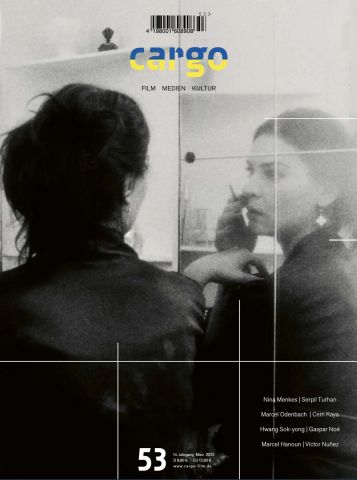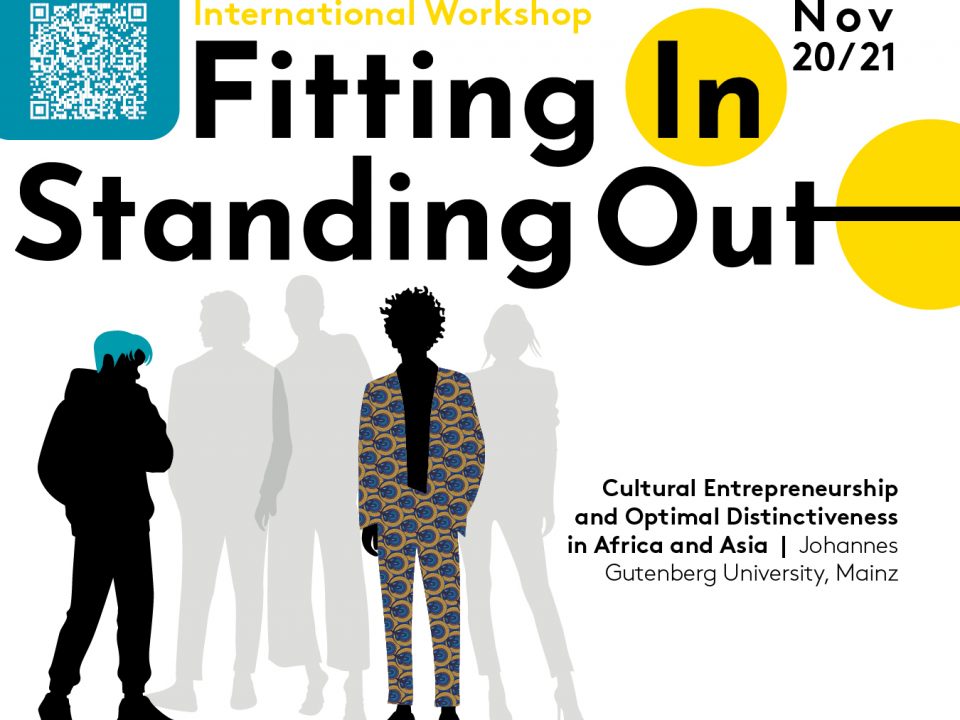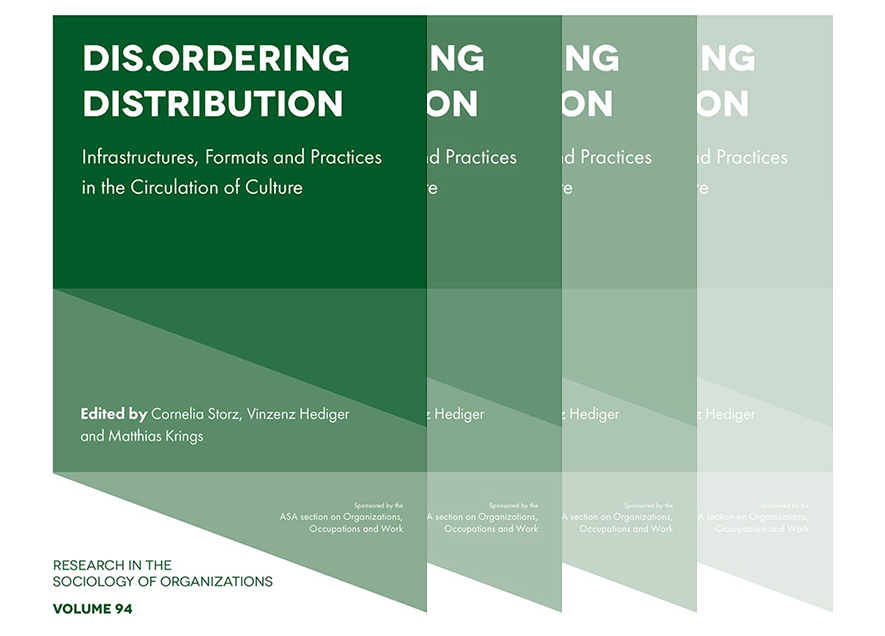A Key to Korea‘s Compressed Modernity

Hwang Sok-yong is one of South Korea’s most widely read and most prolific writers. The author of more than a dozen novels and the hugely popular, ten-volume “Jang Gil-san”, an epic about a rebellious bandit which circulates in millions of copies in both South and North Korea, he is “the most important voice of the novel in Asia today”, according to Nobel Prize winner Kenzaburo Oe. A writer who effortlessly combines popular appeal with modernist innovation, Hwang Sok-yong was also a highly visible figure in South Korea’s democracy movement from the early 1960s onward. From 1993 to 1998 he spent five years in prison under the country’s draconian national security laws as punishment for an extended visit to North Korea, a gesture towards a possible reunification of a country torn apart by the Cold War world order. On the occasion of the publication Hwang Sok-yong’s memoir “The Prisoner”, which is built around the experience of his long incarceration, CEDITRAA project leader Vinzenz Hediger has delved into Hwang’s oeuvre and discusses how it can be read as a literary key to South Korea’s compressed modernity. In his essay for CARGO magazine, Hediger uses a reference to French literature to characterize Hwang as a cross between Dumas and Duras and compares “The Prisoner” to Chateaubriand’s “Memoires d’outre-tombe”, a literary autobiography spanning the worlds before and after a revolution.


